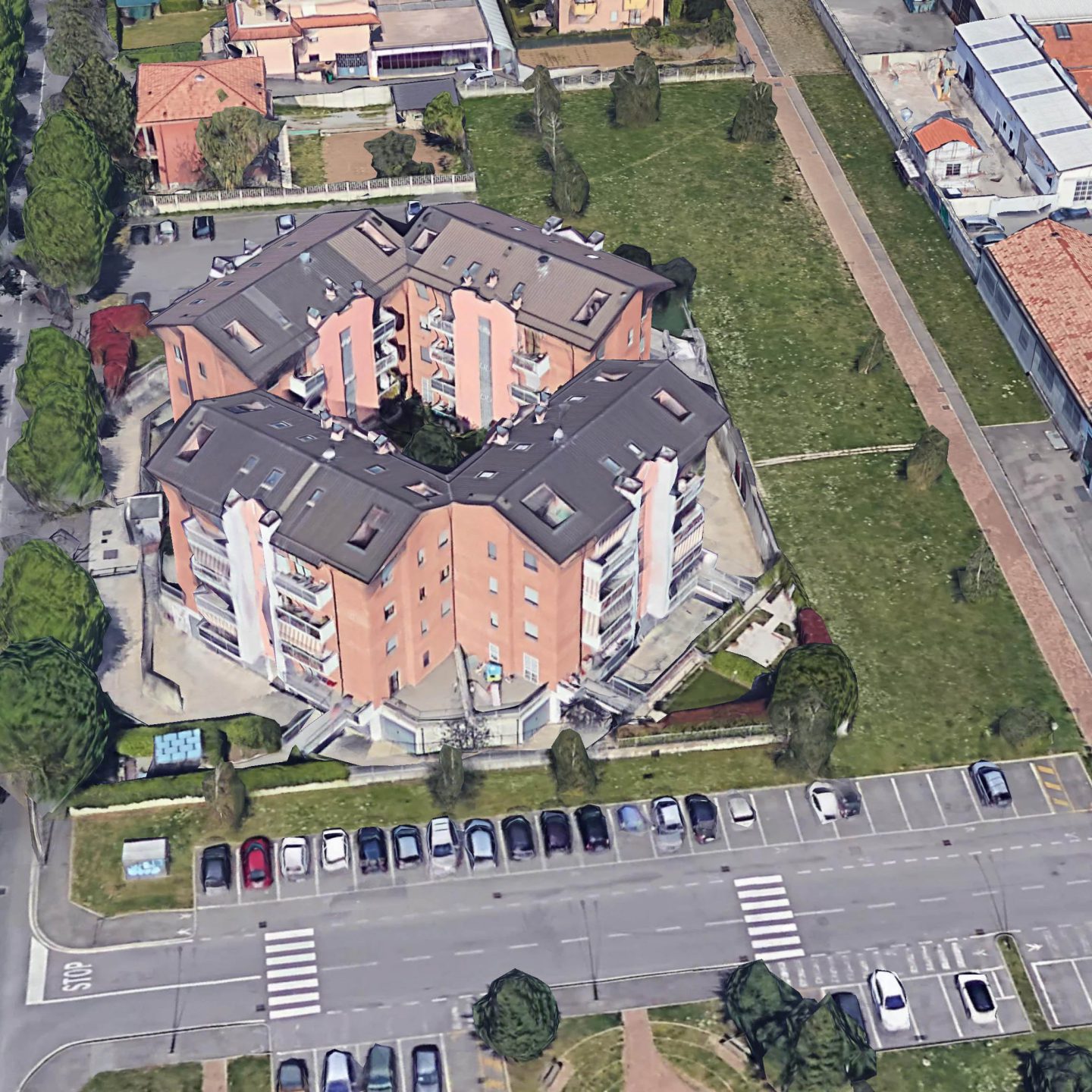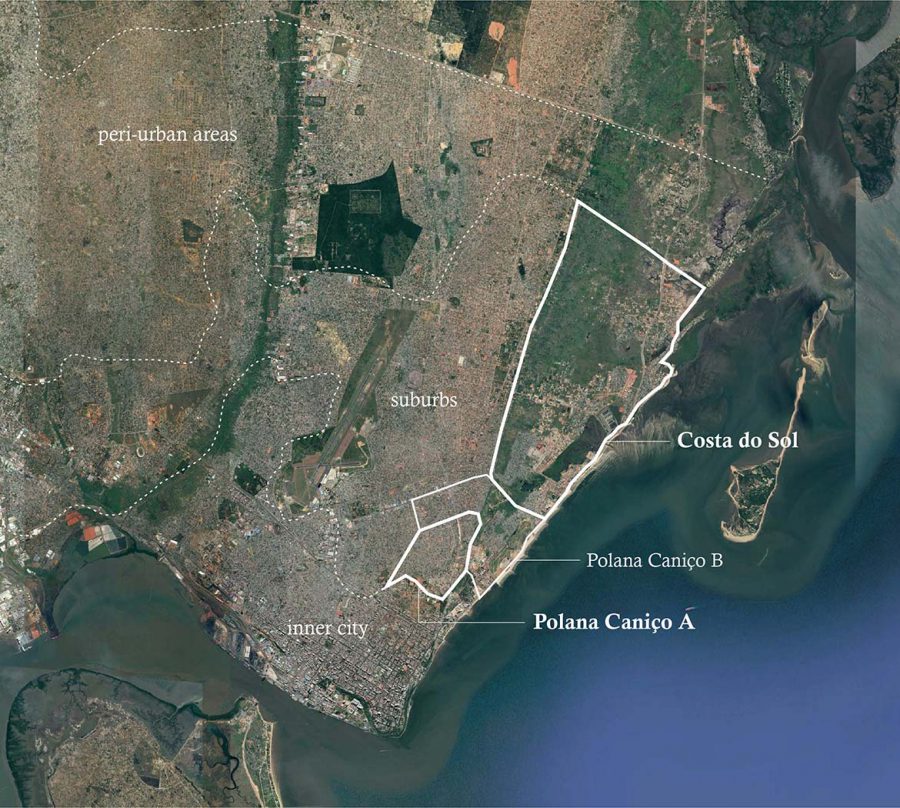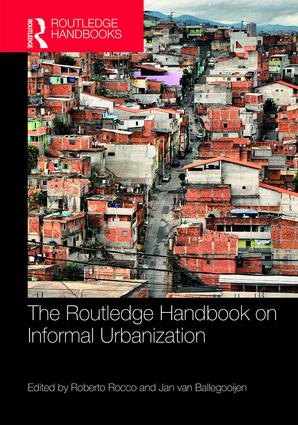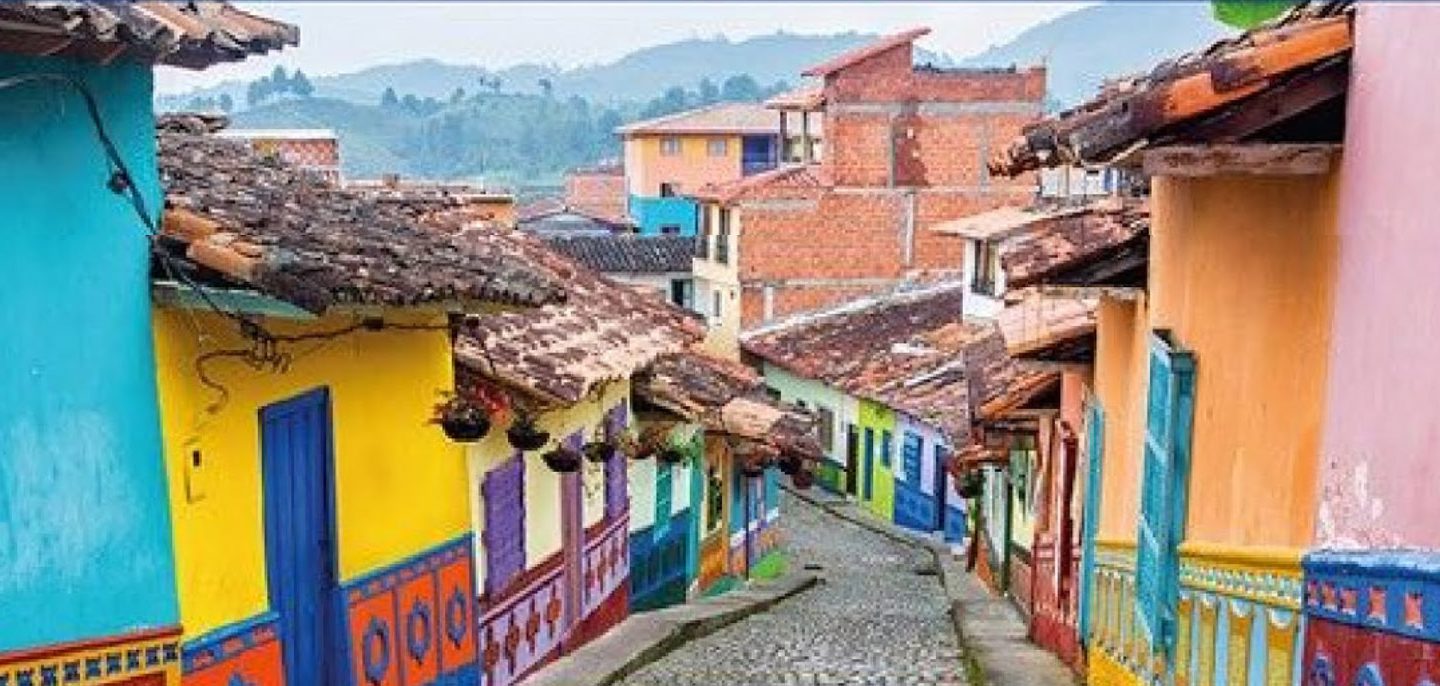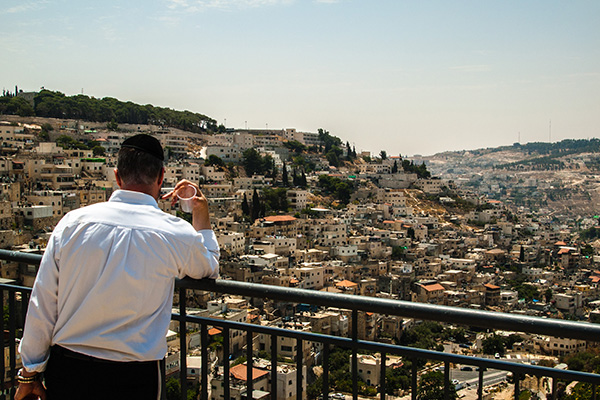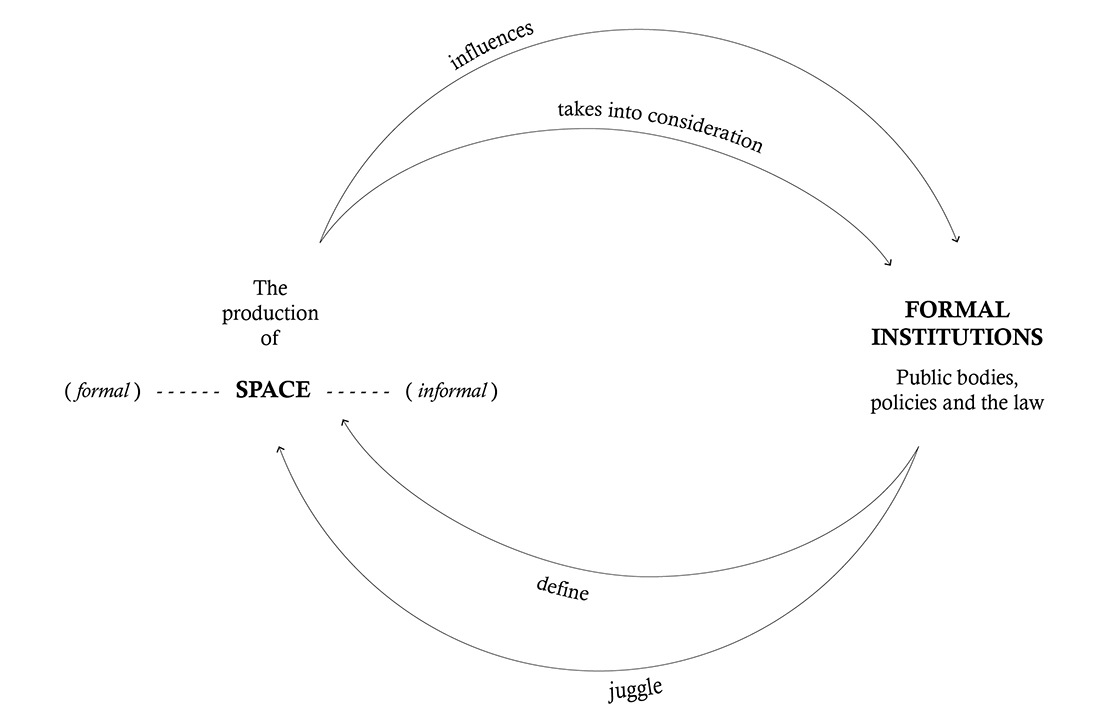The Dark Side of Urban Informality in the Global North
This article deals with housing illegality/informality in Italy, where it represents an established aspect of urban development. It presents a case study focused on Desio, a town close to Milan in northern Italy. Here housing illegality occurs by virtue of the well‐established presence of a mafia‐type criminal organization (the ‘Ndrangheta).

